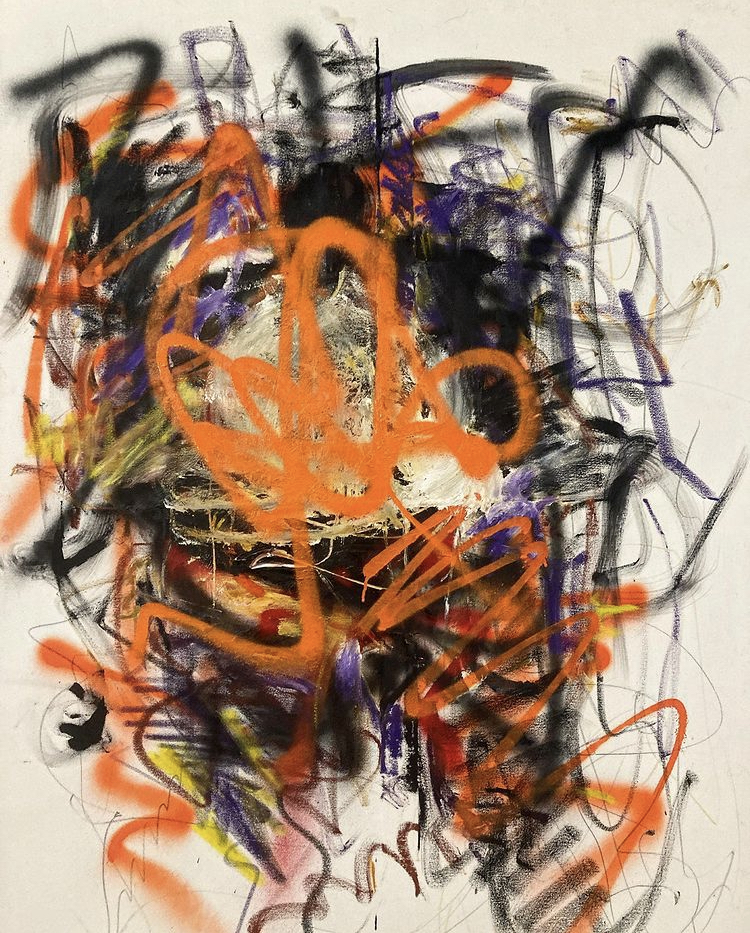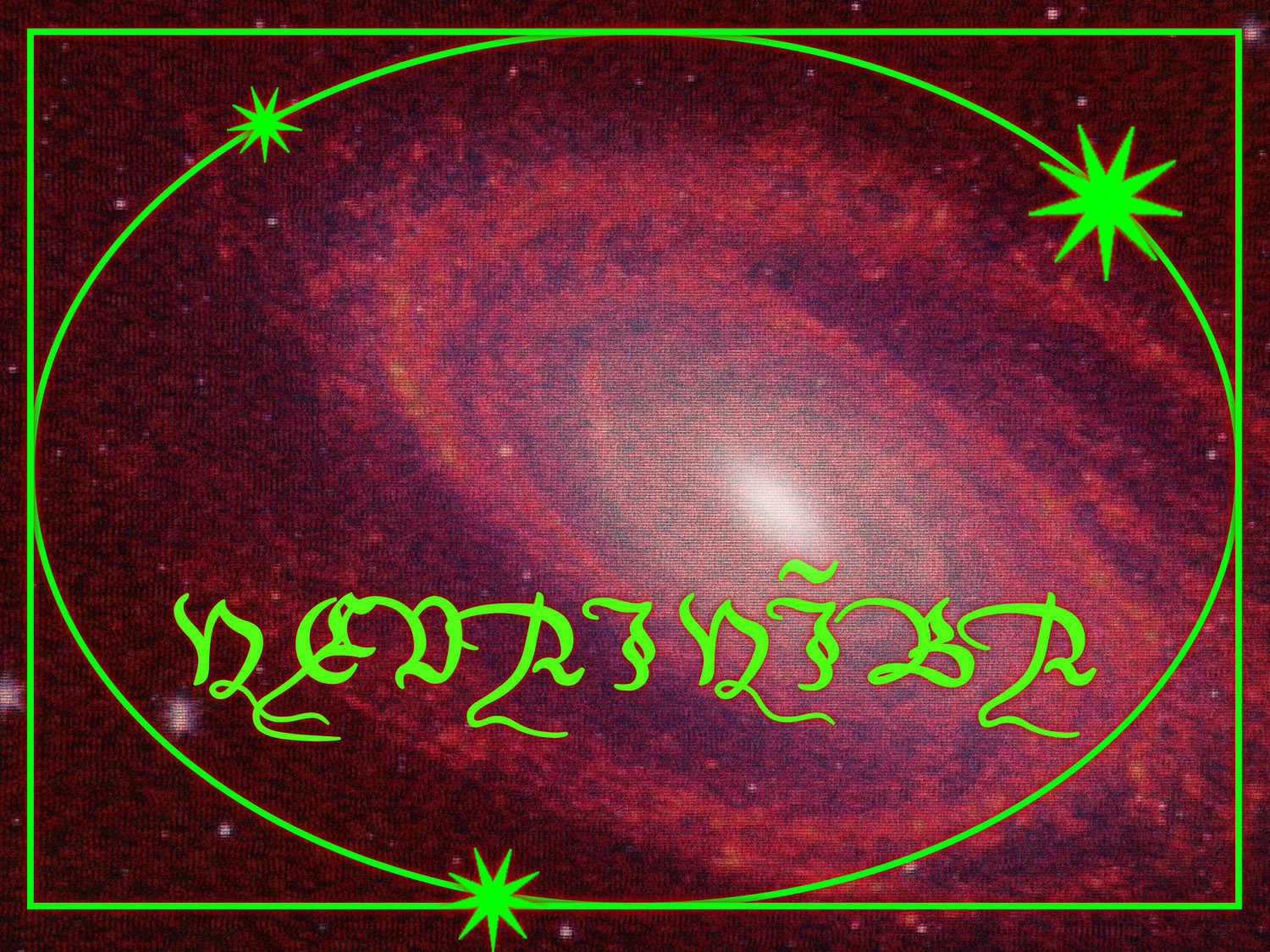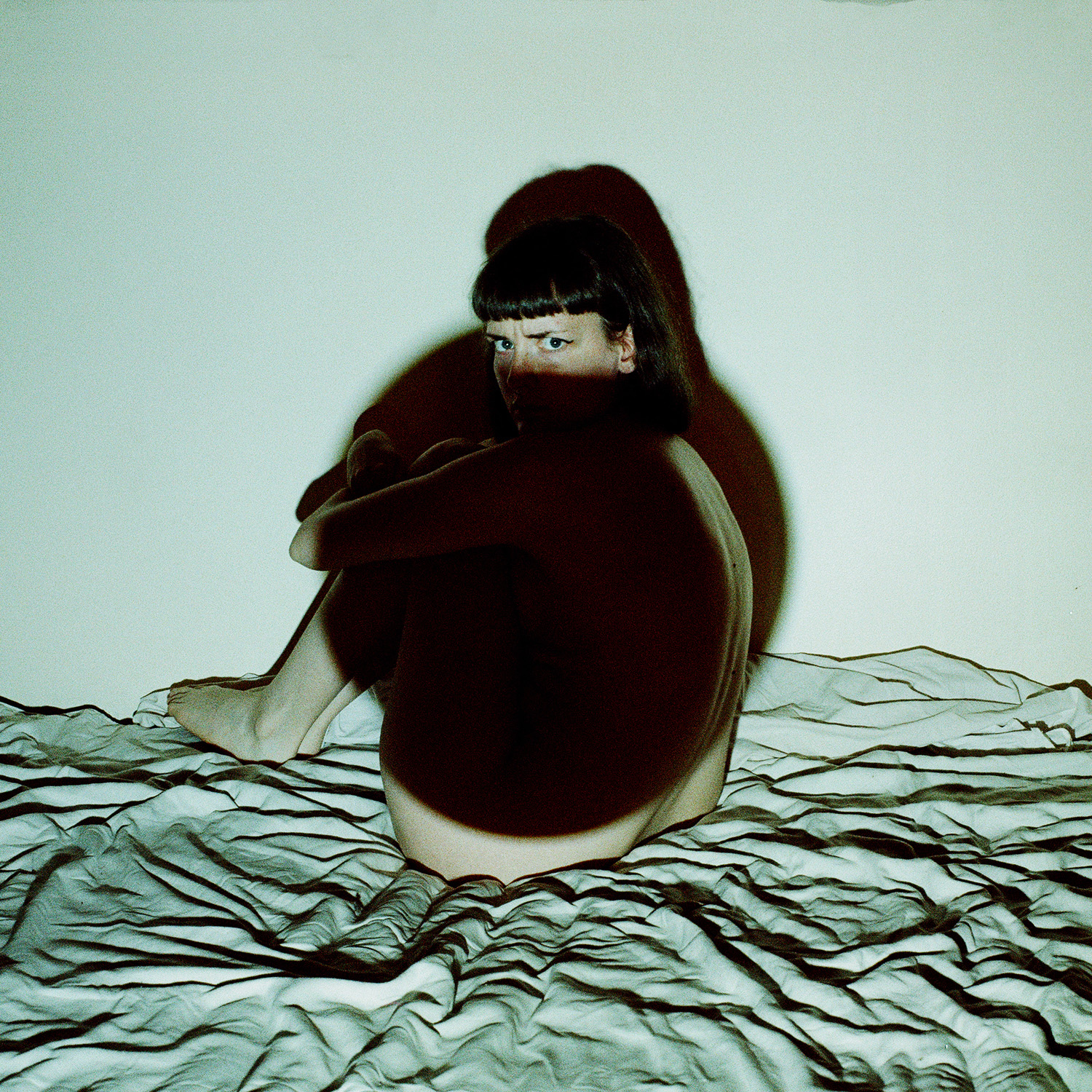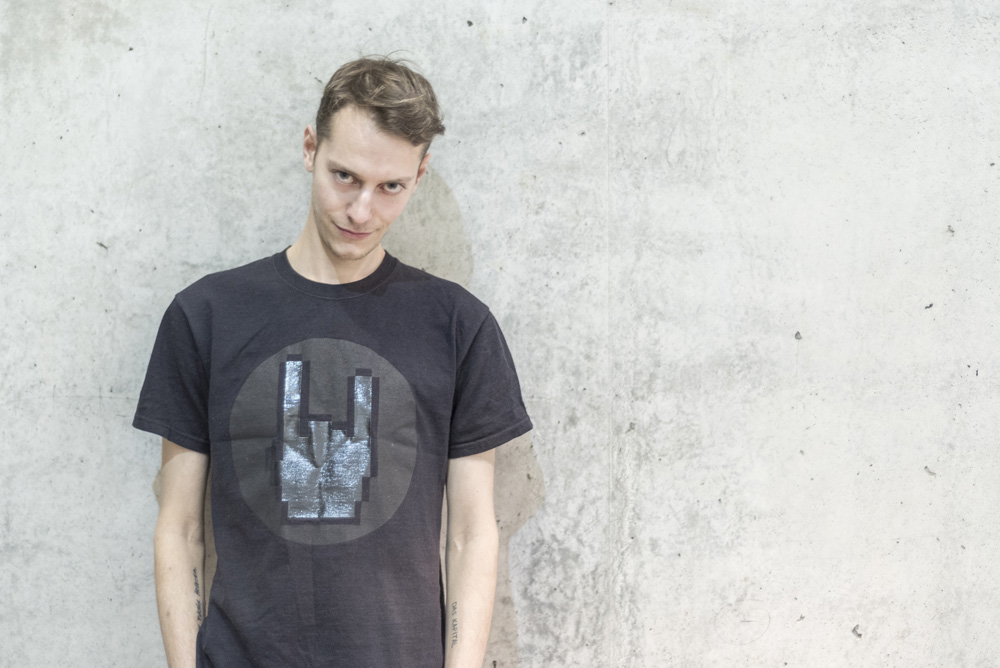
Alexei Gordin

Alexei Gordin (b. 1989) has studied painting in Tallinn and Helsinki and currently lives and works in Tallinn. Although he has a background as a painter, Gordin fluently uses different media and works with drawing, photography, video, and performance.
The main subject matter of his artistic practice is absurdly stereotypical thinking and behavior patterns of people in contemporary mass society. Gordin’s works are almost always narrative in nature and often cover exciting or annoying situations. The harsh reality of the art world has now become one of his main topics and the artist himself has become the protagonist. Scenes scattered with black humor deconstruct the image of the professional art world as something elitist and glamorous.
He has participated in exhibitions in Estonia as well as in Germany, South Korea, Hungary, Russia, Finland, Lithuania and Latvia. His works are part of the Kiasma Art Museum, the Tartu Art Museum and the Lithuanian National Gallery. In 2017, he was awarded the Young Baltic Painter Prize in Vilnius.
His exhibition I have sold two paintings but it didn’t made me happier will be on view at the Smilga art gallery (34A E.Smiļģa Street) during Riga Photomonth.
Where did you get the idea for the exhibition?
Nearly all my exhibitions are done under the same idea so this particular one is not an exception. I made my first artworks about the art world and artists about 11 years ago when I graduated from the Estonian Art Academy and I was pretty lost and unsecure about the future. So, to calm myself down I started to make jokes about the art world.
Nothing really has changed over 11 years and despite a fair career in arts, institutional recognition and many projects, I am still as lost as in 2011 or even more. Because now I am aware of many issues beside the art bubble that have made my relationships with this world even more problematic. People say that an artist should be insecure and lost all the time to be good enough. A lot of my ideas come from these kinds of interesting clichés and stereotypes.
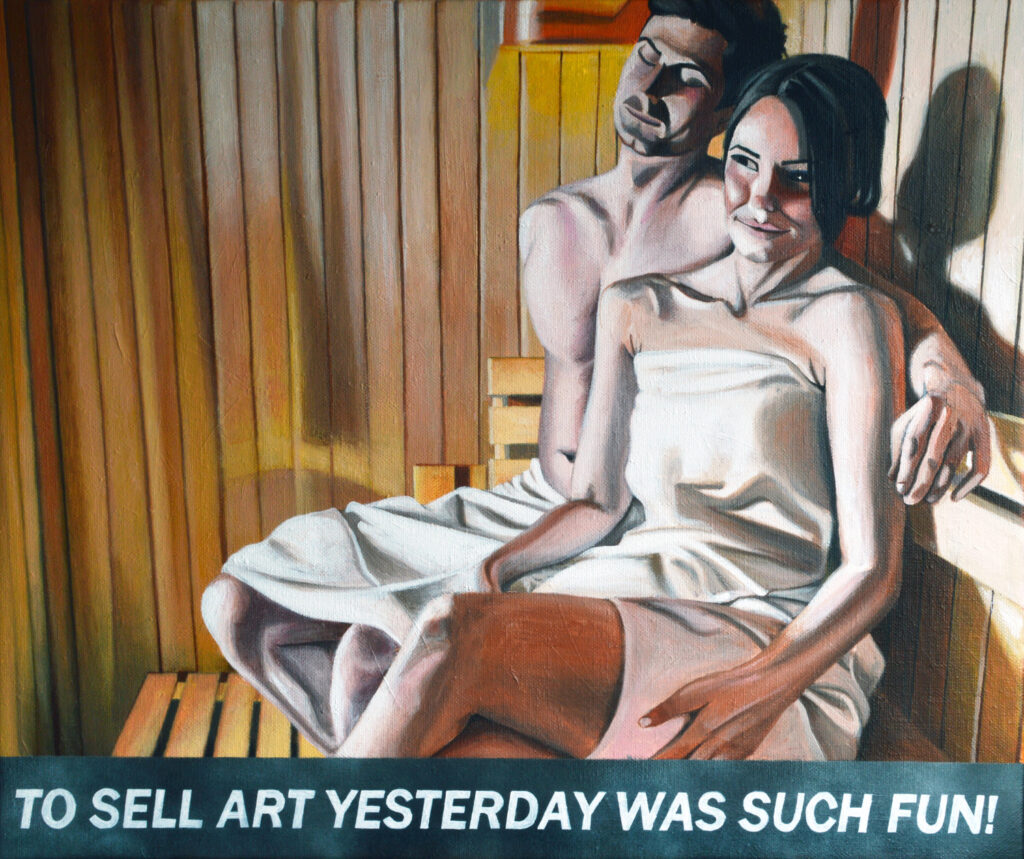
Where do you get ideas for motives in your works and how do you execute them?
Nowadays I mostly work with found images. I surf the internet a lot and I just cannot avoid some of the pictures. My brain constantly produces short phrases, slogans, poems, sentences that have to be illustrated visually. That is how I am combining text and picture. Sometimes when I don’t find any interesting image I can paint just a text turning letters into the images. Contemporary visual culture is nothing but endless reproducing of the same mimetic image. Simple image and text is something we really like. We don’t need long reads and complicated compositions anymore. My desire for realism in painting comes from an instinctive rejection of the endless postmodern replica.
As for video and photography work, I am mostly collecting and documenting something ephemeral and uncertain. Contrary to painting, I never use found material and create my own data. I am afraid of time and disappearance so I just have to document and collect something I find intriguing.
What are your relationships with photography?
We are friends. Actually my first ever exhibition was a nature photo show. A series that I have done in Silent hill aesthetics, combining nature and industrial elements. I keep nature photography as a hobby because I am also a big fun of hiking. Due to interest in urban exploration I started to document abandoned and forgotten places. I am addicted to documenting everything I see and experience. I might have some kind of attention deficit so I just need to show people what I see. Sometimes I conceptualize it in terms of a particular exhibition like with this one for Riga Photomonth, where I am showing a huge collection of photos I have made with iPhone over 4 years.
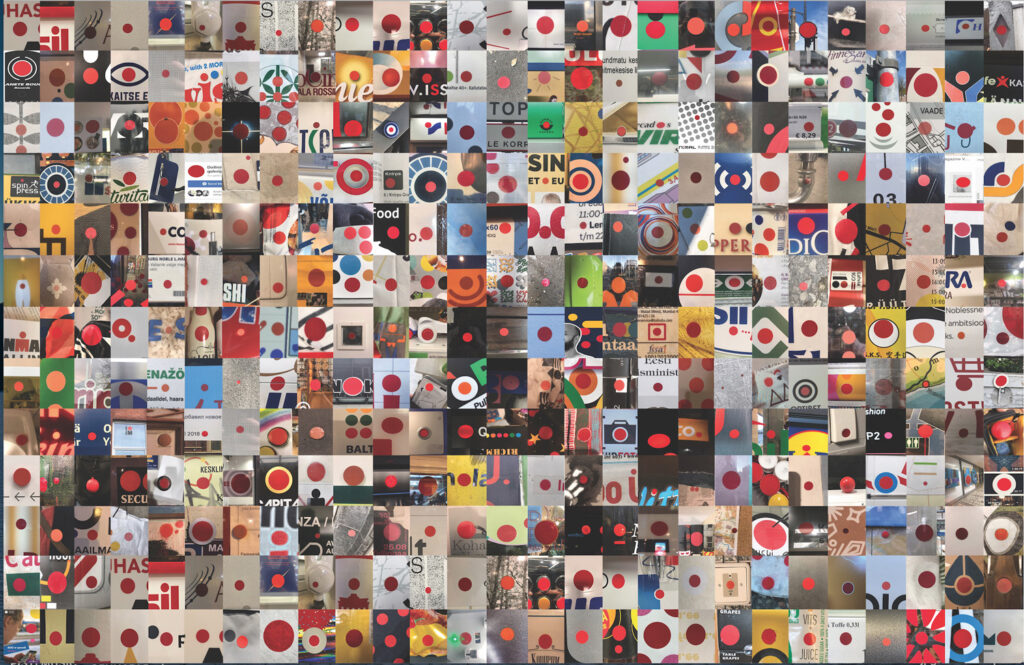
Your works criticize the art world and its hypocrisy. What do you think about it – where is it going, and where do you see yourself in it?
Hypocrisy is a big problem of society because we tend to act in a certain way in public but we are totally different persons inside. Already at school we learn to play that game, to cover our honest feelings and to fit in a certain narrative. Also a career in arts is a very concrete narrative. Sometimes I was not considered seriously among curators and institutions just because my art is funny and viewer-friendly. And for some reason art should be a serious thing. I remember a seminar at the Helsinki Art Academy where one student told that while installing her show she felt like “playing” and she felt guilty for that afterwards because it is not a game. There are now art events without alcohol and I think it is like that just because the game should give up its rules for a moment. “Business” kind of hypocrisy should change towards honest playfulness. And I remain somewhere between this business and playfulness and I find it all extremely absurd. I will talk from the position of absurd. One must imagine Sisyphus happy.
What does the concept “decadence” mean to you?
As I come from the goth subculture, it means a “rebellious youth” to me. Decadence was an answer to adults’ constructivity, for the world full of meaningless rules. At some point I noticed that if we change some letters in the word “Decadence” we will have “DecaDance”, a dance of decay which I find extremely beautiful. Nowadays the given word has a bit of negative connotation, it is associated with suicide, depression, dark emotions. Actually, in the beginning of its origins, the word “decadence” meant a liberation of art and creative thought. “Dance of decay” did not mean the triumph of death like in “Dance Macabre” but erasing all the old for the sake of the new. I can say that the 19th century decadence is a precursor of the 20th century futurism. Old dogmas where crushed and technology stepped in.
In contemporary society I see a lot of old fashion dogmas that should be crushed, many concepts are not working anymore but society keeps following them. We need decadence more than ever!
